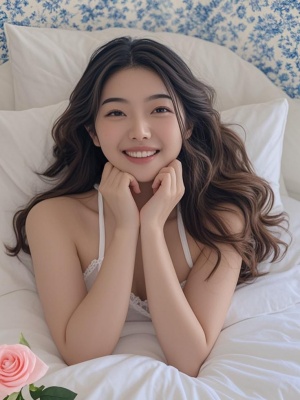The Art and Technique of Capturing Stunning Animal Portrait Pictures
Introduction: The Magic of Animal Portraits
Animal portrait pictures have become increasingly popular among photographers and pet owners alike. These captivating images go beyond simple snapshots, revealing the unique personality and essence of our animal companions. Whether you're a professional photographer or an enthusiastic pet owner, mastering the art of animal portraits can create lasting memories and stunning artwork for your home.
The Challenges of Animal Photography
Common Problems in Animal Portrait Photography
Capturing the perfect animal portrait presents several unique challenges that differ from human photography:
- Unpredictable subject behavior and movement
- Difficulty in achieving proper eye contact
- Lighting challenges with fur or feathers
- Limited attention spans of animal subjects
- Technical issues with fast-moving subjects
Solutions for Better Animal Portraits
Professional animal photographers have developed effective techniques to overcome these challenges:
- Use high shutter speeds to freeze motion (1/500s or faster)
- Employ continuous shooting mode to capture fleeting expressions
- Utilize natural light or diffused flash to avoid harsh shadows
- Keep shooting sessions short and positive
- Use treats or sounds to attract attention
Essential Equipment for Animal Portrait Photography
While you can capture decent animal portraits with a smartphone, serious animal photographers invest in specific equipment:
- DSLR or mirrorless camera with fast autofocus
- Telephoto lenses (70-200mm range works well)
- Fast prime lenses for low light situations
- Portable reflectors for natural light control
- Noise-making devices to get animal attention
Creative Approaches to Animal Portraits
Traditional vs. Creative Styles
Animal portrait pictures can range from classic studio-style shots to more artistic interpretations. Some popular approaches include:
- Studio portraits with clean backgrounds
- Environmental portraits showing animals in their habitat
- Action shots capturing natural behaviors
- Black and white conversions for dramatic effect
- AI-enhanced portraits for artistic transformations
For those interested in exploring creative transformations of their pet photos, our pet photo style guide offers innovative ideas and techniques.
Post-Processing for Perfect Animal Portraits
Editing plays a crucial role in creating stunning animal portrait pictures. Key post-processing steps include:
- Basic exposure and color correction
- Selective sharpening of eyes and facial features
- Removing distracting elements from the background
- Enhancing fur or feather texture
- Creative color grading for mood and style
For advanced editing techniques, consider exploring AI photo restoration tools that can help enhance older pet photos or improve image quality.
Conclusion: The Enduring Appeal of Animal Portraits
Animal portrait pictures offer a beautiful way to celebrate our connection with the animal kingdom. Whether you're photographing beloved pets, wildlife, or farm animals, the techniques discussed can help you create professional-quality images. Remember that patience and understanding animal behavior are just as important as technical skills. With practice and the right approach, anyone can capture the unique spirit and personality of animals through photography.

For more inspiration and to see examples of exceptional animal portraits, visit our gallery page featuring a variety of animal photography styles and techniques.